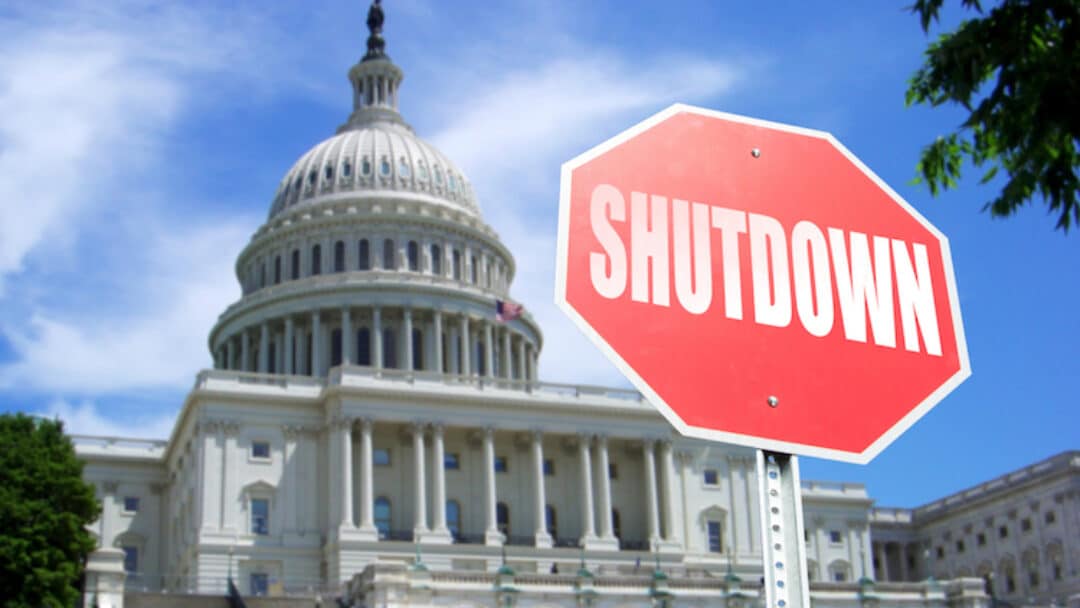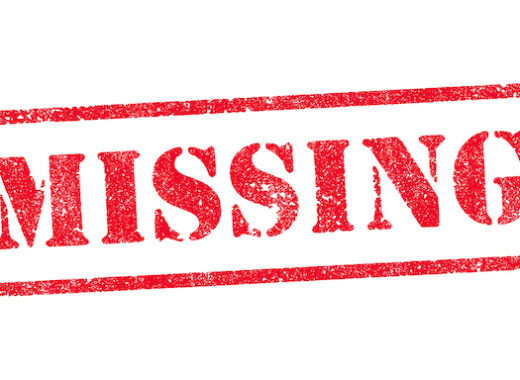If the government were to shut down later this week, most Americans would feel the impacts in one way or another.
Congress is running out of time to fund the government and has a deadline of Thursday to avoid a government shutdown.
The issue at hand is an effort by the Democrats to try to make progress on trimming President Joe Biden’s proposed $3.5 trillion government overhaul and passing a companion $1 trillion infrastructure bill.
On Monday, Republican senators blocked the bill that would allow the government to keep operating and permit more federal borrowing. Democrats effort to avoid a shutdown are once again trying to remove the debt limit debate for another time.
If the government were to shut down on Friday, most Americans would feel the impacts in one form or another, however many key programs would continue operations.
What is a government shutdown?
Most federal government agencies and programs rely on annual funding appropriations passed by Congress. Each year, Congress must pass and the President of the United States must sign the budget legislation for the next fiscal year, which consists of 12 appropriations bills, one for each Appropriations subcommittee. Congress has not enacted any of the 12 bills for fiscal year 2022 that make up the discretionary spending budget. If a “shutdown” occurs federal agencies must stop all non-essential discretionary functions until new funding legislation is passed and signed into law. It is important to note that all essential services continue to function, as do mandatory spending programs.
What services are affected in a shutdown and how?
Each federal agency develops its own shutdown plan, following guidance released in previous shutdowns and coordinated by the Office of Management and Budget (OMB). The shutdown plan identifies which government activities may not continue until appropriations are restored, instituting furloughs and the halting of many agency activities.
Essential services which most are related to public safety continue operations. Payments cover any obligations incurred only when appropriations are enacted. In prior shutdowns, law enforcement, air traffic control, border protection, in-hospital medical care, and power grid maintenance have been the services classified as essential, while some legislative and judicial staff have also been largely protected.
Social Security, Medicare, and Medicaid, which are considered mandatory spending, are not subject to annual appropriations in which those services continue.
While many government programs are exempt, Americans may likely feel the impact of a shutdown. In a full government shutdown, the following could occur:
Internal Revenue Service (IRS): In a shutdown, the IRS would not be able to verify income and Social Security numbers. In past shutdowns, a backlog of 1.2 million requests delayed mortgage and other loan approvals. In addition, billions of dollars of tax refunds were delayed.
Social Security and Medicare: Social Security, Medicare and Medicaid are among the mandatory spending that isn’t subject to annual appropriations from Congress. Checks will be sent out. However, benefit verification and card issuance would cease.
Air Travel: In past shutdowns, air travel was strained as a result of air traffic controllers and Transportation Security Administration (TSA) agents being forced to work without pay. Travelers saw longer lines as additional security checkpoints were closed. In one situation, fewer air traffic controllers on duty temporarily stopped travel at LaGuardia Airport and caused delays at several major airports.
Environmental and Food Inspection: Environmental Protection Agency (EPA) may be forced to halt site inspections which include hazardous waste, drinking water, and chemical facilities, and the Food and Drug Administration (FDA) could delay inspections.
National Parks: In past shutdowns, the National Park Service turned away millions of visitors to over 400 parks, national monuments, and other sites. The National Park Service has estimated the shutdown led to a loss of $500 million in visitor spending nationally.
Health and Human Services: The National Institutes of Health (NIH) would not be able to admit new patients or process grant applications.
Supplemental Nutrition Assistance Program (SNAP): While funding for the SNAP program is considered a mandatory agency, the process to send out “food stamp” benefits could be affected by a shutdown. Continuing resolutions generally only authorize the Department of Agriculture (USDA) to send out benefits for 30 days after a shutdown begins. The impact is also felt by the stores that might be in the process of renewing their Electronic Benefit Transfer (EBT) card licenses. If those businesses licenses expire, they would not be able to accept SNAP benefits during a shutdown.
Would this be a full or partial shutdown?
If not resolved, this would result in a full shutdown since Congress hasn’t yet passed any of the 12 funding bills. The most recent shutdown in 2018-2019 was a partial shutdown because Congress at the time had already approved five of the appropriations bills.








